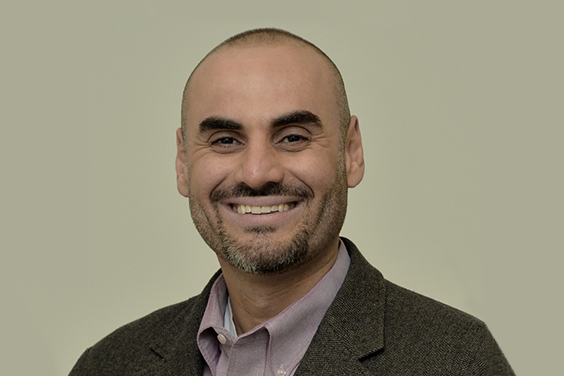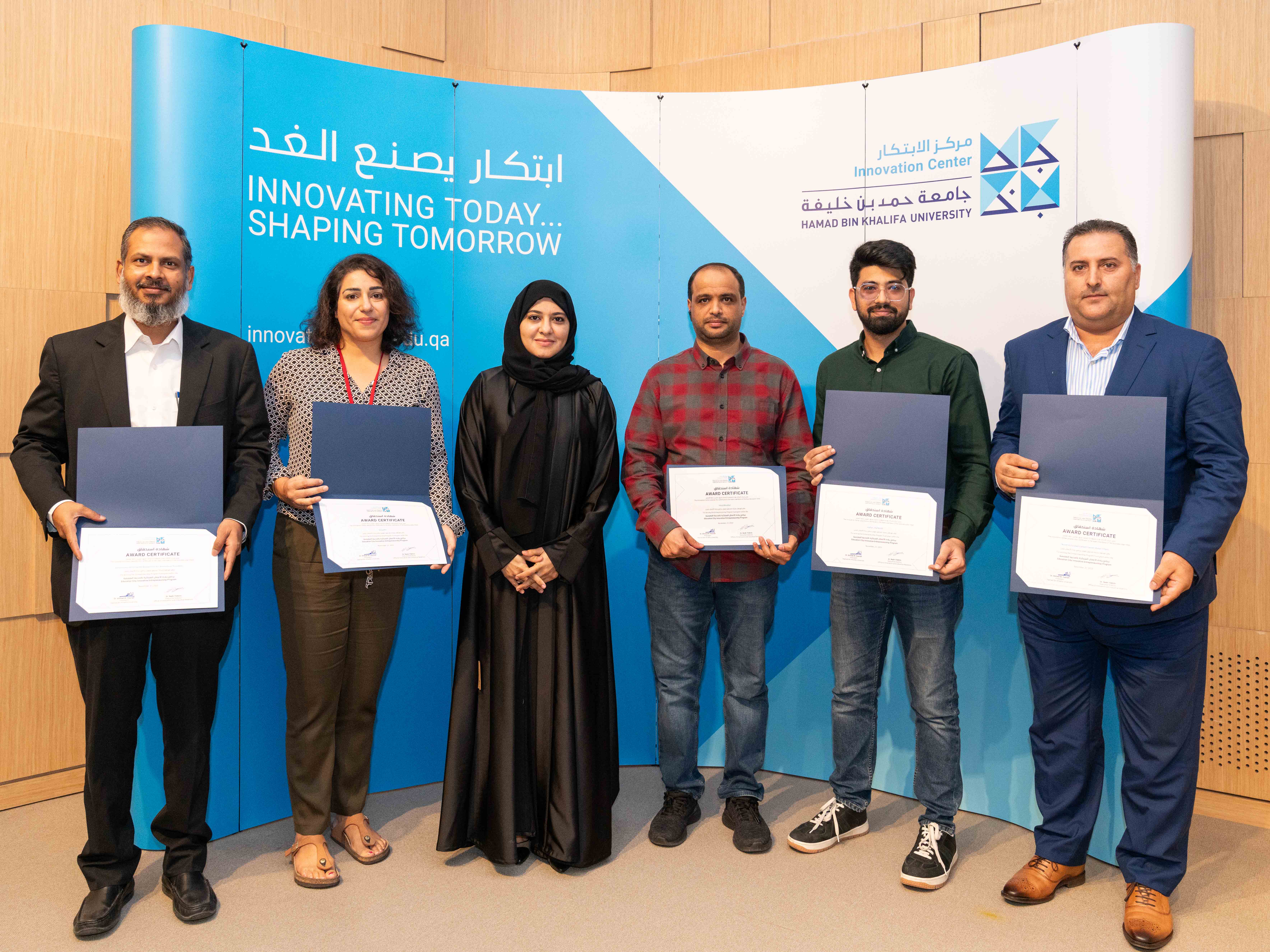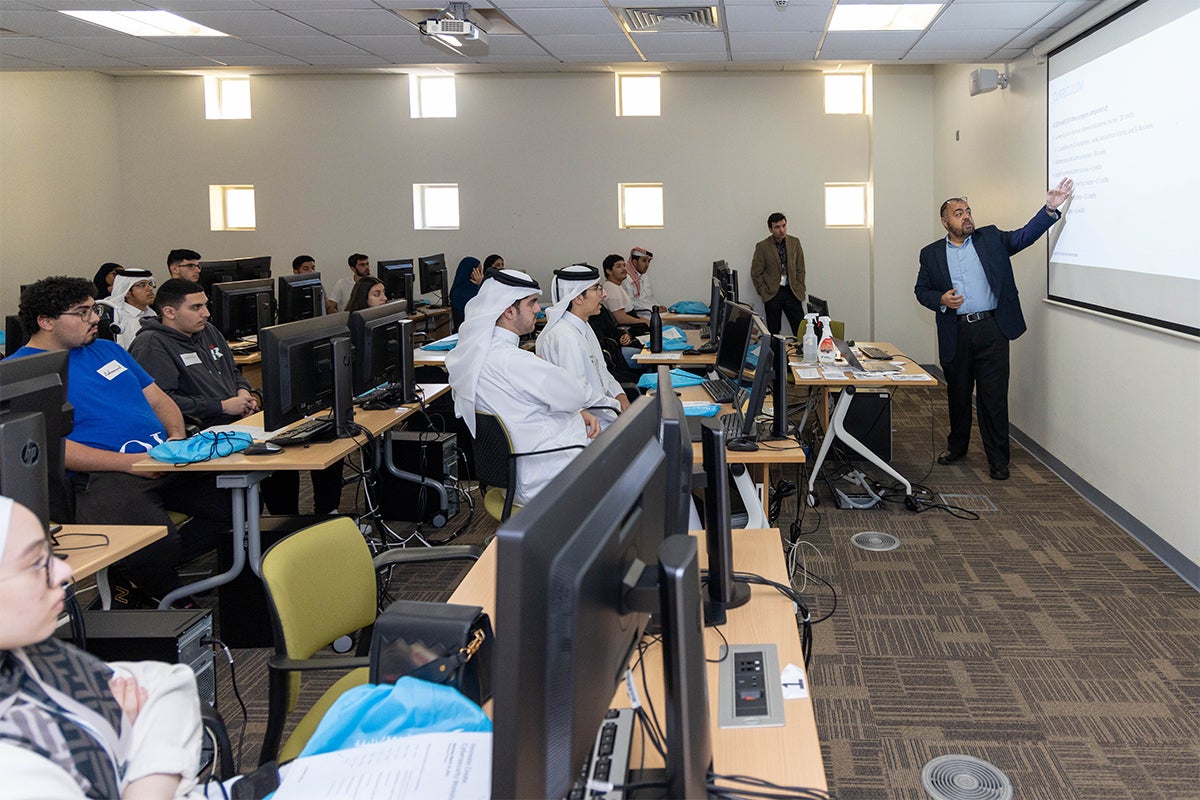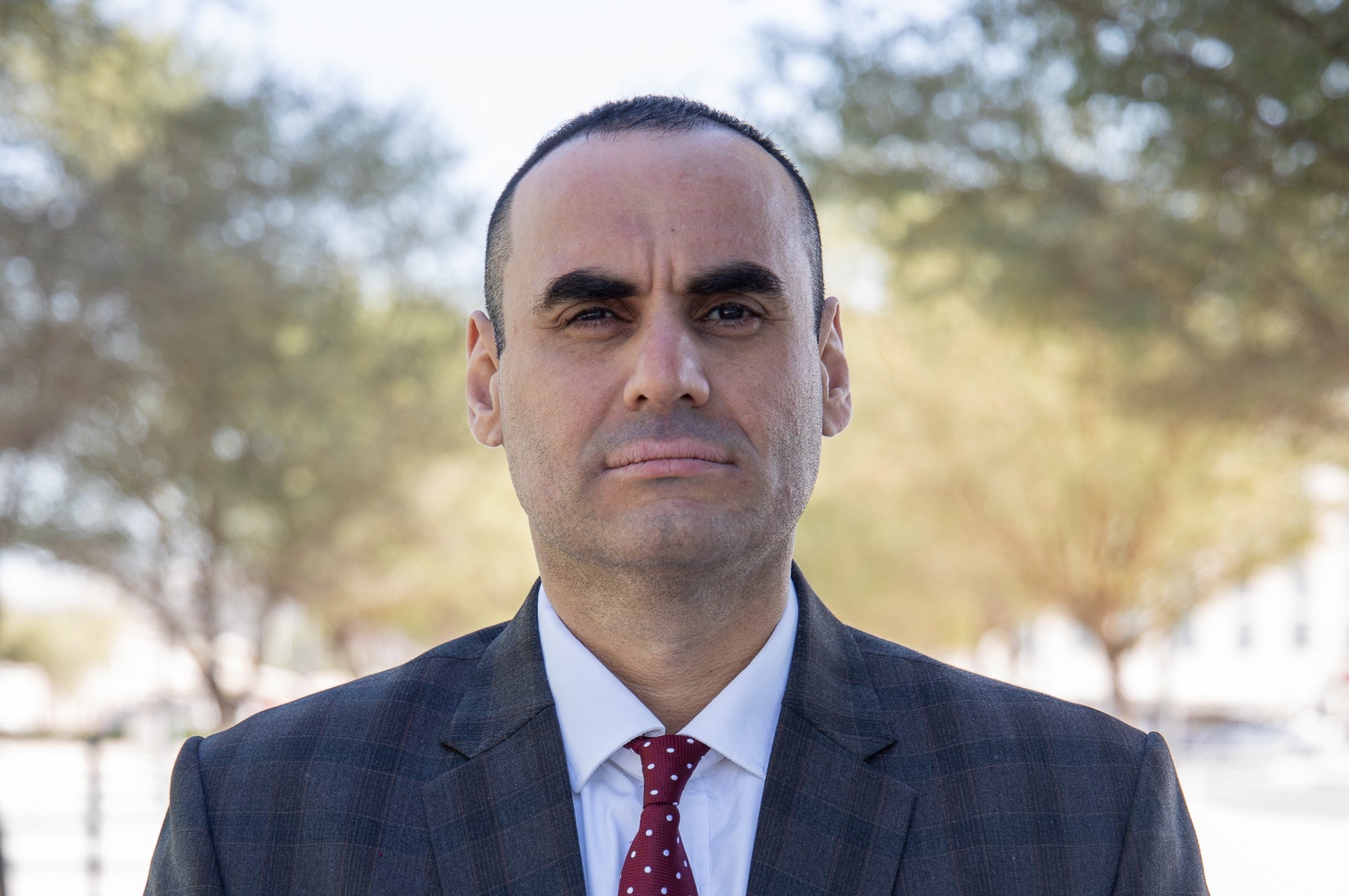By Dr. Mowafa Househ

The convergence of digital health technologies can have great benefits and a positive impact on healthcare delivery, now more than ever. As early as 1879, telephone calls were identified as one method of facilitating patient consultations. In 1925, the Science and Invention magazine touted a then unlikely use for radios -- to educate the wider population about health aspects. Today, with the advent of personal computers, internet connections, mobile devices, social media, artificial intelligence (AI), holograms, wearable devices, and telesurgery, digital health technologies have evolved into an integrated ecosystem, and become even necessary for our everyday survival.
Digital Health in a Health Crisis
Unsurprisingly, the COVID-19 crisis has helped shed more light on the importance of digital health, especially when it comes to education, diagnosis and treatment of patients or health consumers. Contact-tracing applications, for example, have become a widely accepted method for curbing the spread of the COVID-19 virus. Teleconsultations -- already on the rise pre-COVID -- are now a new normal.
In the digital health implementation arena, Qatar is spearheading efforts within the region. The country’s biggest success over the years has been the implementation of the Electronic Health Record system, which connects primary, secondary, and tertiary hospitals. Such flux of information within healthcare sectors improves clinical decision-making, patient flow, hospital management, and policy planning.
But when it comes to these technologies, we will find that not all implementation is equal. In Qatar, a two-tiered model has emerged over the years in which you might see government or government-affiliated hospitals adopting much more advanced digital health technologies, compared to private hospitals. Those hospitals, including Sidra Medicine and Hamad Medical Corporation’s Primary Health Care Centers, are forging the way. The COVID-19 crisis -- along with relevant precautionary measures -- will see a surge in digital health technologies being used by the private sector to generate income, only if and when insurance companies are also able to compensate private medical clinics for such services.
Something for the Skeptics
Qatar’s adoption of its Ehteraz application poses a unique model for the world. Once a skeptic myself, I soon came to realize its ability to safeguard public health. Ehteraz is chiefly successful because the associated government policies also circumscribe an ill individual’s entry into public spaces. Without adequate enforcement, the Ehteraz application would have been unsuccessful.
But as is the case with any technology, infringement is possible, and loopholes will continue to exist. In its current form, the Ehteraz application facilitates QR code scans, leaving less doubt as to whether quarantined users are presenting a ‘green’ yet static screenshot. China, once identified as the origin of COVID-19, has managed to eradicate all traces of the virus with strict adherence to contact tracing.
As Western countries come with their own disparities, the full enactment of such technologies can be harder to achieve, where the general public perceives them to be a violation of personal freedoms. China’s application for instance has been under scrutiny because of its tendency to collect private and personal user information. In much of the Western world, adoption of such technologies is left solely to the discretion of the user.
Use and Misuse
The biggest challenge we now face is bridging the gap between patient and clinical adoption of new technologies. The wider the spectrum of tools available to us, the more difficult it is to integrate, interpret, and consolidate data. If a patient was to track his or her sugar levels with a glucose monitor patch, sleeping patterns with a Fitbit, and heart rate with a smart watch, how can such data be comprehensively weaved into a patient care plan? Information overload aside, the medical record systems we adopt today do not allow user-generated data to be amalgamated into an electronic format.
With the increase of technologies and over-reliance on AI, patient safety, fair and accessible care become very important issues that continue to evolve. Furthermore, there is a disparity between the adoption of healthcare technology in developed and developing countries, widening the adoption and equitability gaps. On the other hand, if AI algorithms are becoming widely available and accessible: what is to stop a general practitioner from running a patient record assessment akin to that of a specialized doctor?
Way Forward
What is even more important than adopting digital tools that fit our personal needs is ensuring that these tools are deployable and capable of providing accurate patient record assessments in real-time. An unassimilated or fragmented patient record system serves little purpose even if incorporating the most advanced of all technologies. We must always remember that technology exists to serve human needs, but without applicability, technology will not be long-lived.
Dr. Mowafa Househ is an Associate Professor at the College of Science and Engineering, part of Hamad Bin Khalifa University. The college offers two advanced degrees in health informatics, including the Master of Information Systems in Health Management and the Master of Data Analytics in Health Management.
Related News










